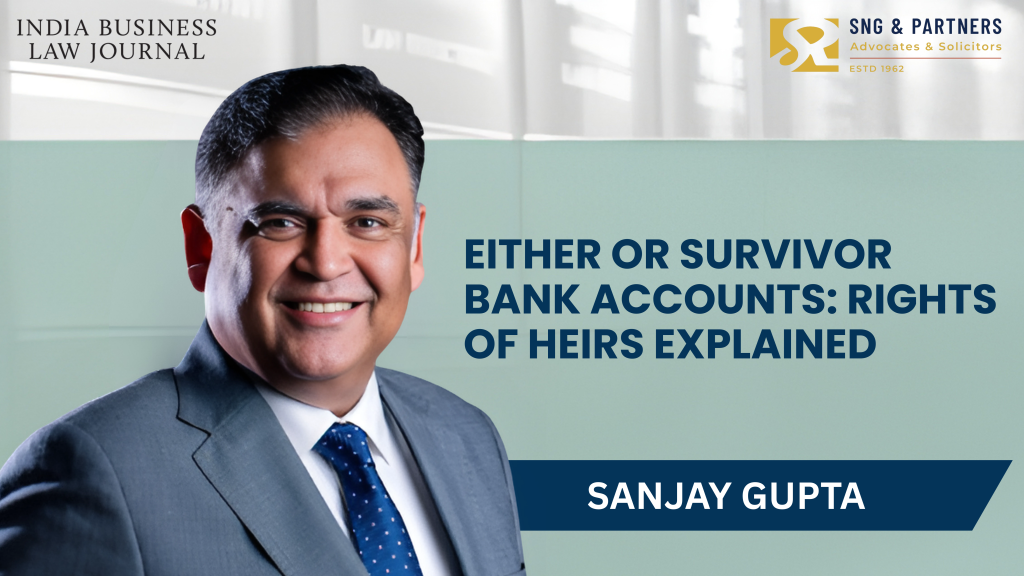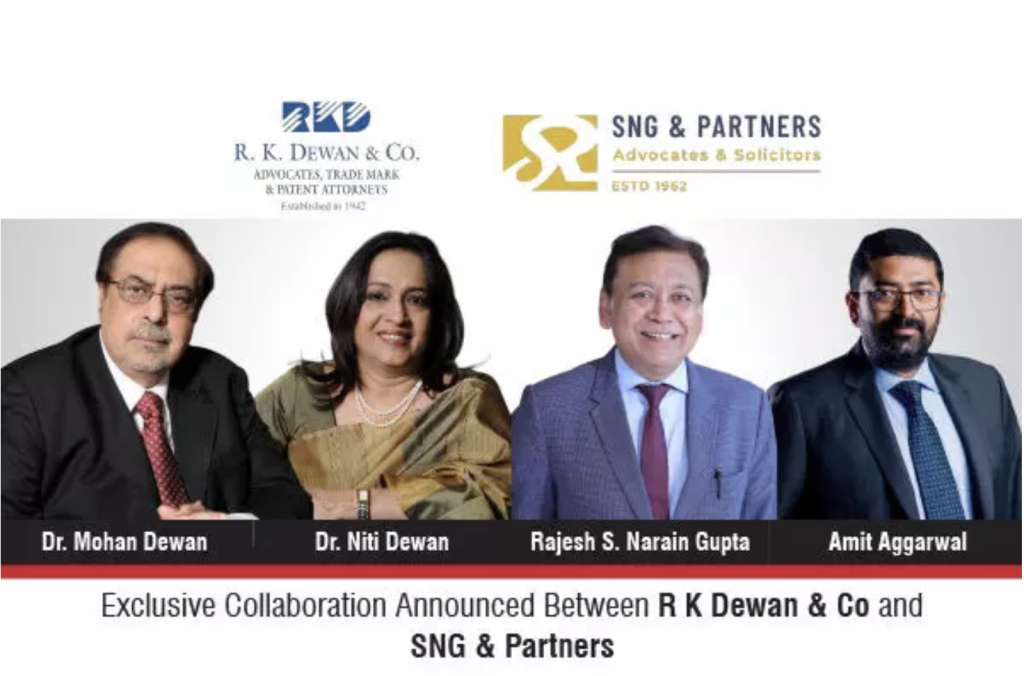The Insolvency and Bankruptcy Code (Amendment) Act, 2017, is based on an ordinance promulgated by the president on 23 November. It is intended to improve the credibility of the corporate insolvency resolution process (CIRP) and makes some ground-breaking changes with respect to the eligibility of resolution applicants, including promoters and persons connected to them.
With insertion of the new section 29A in the code, the following categories of persons have been disqualified from submitting a resolution plan: (a) undischarged insolvent; (b) wilful defaulter under Reserve Bank of India(RBI) guidelines; (c) person whose account has been classified as a non-performing asset under RBI guidelines for one year or more and who has not paid all overdue amounts, interest and charges relating to the account; (d) person convicted an offence punishable with imprisonment for two years or more; (e) disqualified director under the Companies Act, 2013; (f) person prohibited by the Securities and Exchange Board of Indiafrom trading in securities or accessing the securities market; (g) person who has indulged in an undervalued, preferential or fraudulent transaction in respect of which an order has been made by the adjudicating authority under the code; (h) guarantor of the corporate debtor against which a CIRP has been initiated under the code; (i) any person who is subject to similar disabilities in a jurisdiction outside India as per clause (a) to (i) above; and (j) connected person to a person above.
Connected persons under section 29A are: (i) a person who is a promoter or in management or control of (a) the resolution applicant or (b) the business of the corporate debtor; and (ii) a holding company, subsidiary company, associate company or related party of the resolution applicant or corporate debtor with some exceptions.
In addition, a resolution professional with the approval of the committee of creditors may lay down stringent eligibility criteria for resolution applicants as per section 25(2)(h).
Under the amended section 30(4), a committee of creditors must reject a resolution plan submitted before the commencement of the ordinance if the resolution applicant is found to be ineligible under section 29A.
A new proviso to section 35(1)(f) bars ineligible resolution applicants from buying immovable and movable property or actionable claims of the corporate debtor.
While the ordinance seems to ensure that delinquent promoters and persons connected to them are prevented from regaining control of business assets of the corporate debtor, it may also have adverse consequences for law-abiding promoters who have not been able to meet their obligations due to external factors such as economic slowdown, change in policies or other factors beyond their control.
The ordinance seeks to encourage promoters to come clean by paying off creditors’ dues but it may also adversely affect business valuations, compelling the creditors to accept substantial haircuts.
The possibility of potential investors bidding jointly or in concert with the existing promoters is eliminated. Barring promoters may also significantly reduce (even to zero) the number of bidders expressing interest, thereby impairing the competitiveness of CIRP. Micro, small and medium-sized enterprises, where the promoters are the only likely bidders, would be severely affected. These unsought consequences may not only impel the company to go into liquidation but will also be detrimental to the interests of all the other stakeholders including the exchequer.
The ordinance may also make promoters hesitant to borrow for business expansion, which may limit employment generation and economic growth.
The duration of disqualifications of the persons under section 29A has not been specified. This could lead to an interpretation of imposing a perpetual ban on ineligible persons from participating in CIRP.
It is also important to note that article 19(1)(g) of India’s constitution guarantees all citizens the fundamental right to practise any profession, or to carry on any occupation, trade or business subject to reasonable restrictions as per article 19(6). The ordinance may be argued and interpreted to be in violation of article 19(1)(g), denying the specified persons their fundamental right by imposing unreasonable restrictions.
Though the ordinance is aimed to be a boon for CIRP, it may turn out to be a bane for a major section of stakeholders, including virtuous promoters who might challenge the ordinance seeking protection of their fundamental right and business interests.
SNG & Partners has offices in Delhi, Mumbai, Singapore and Doha. Amit Ronald Charan is a principal associate and Satish Anand Sharma is a qualified insolvency professional.



